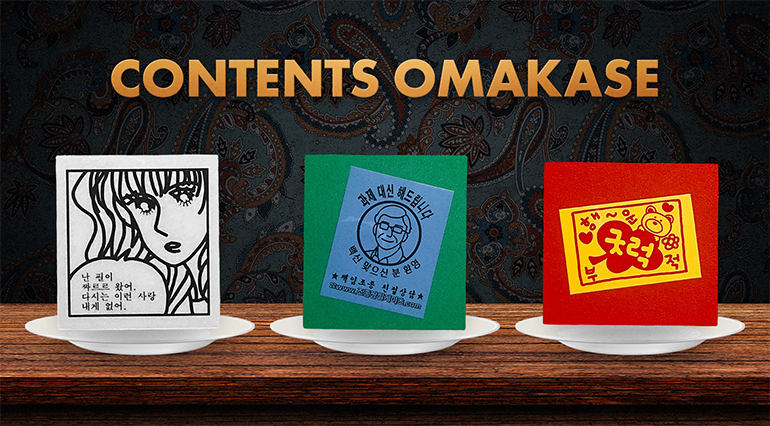
South Korea and Japan, both heralding democratic values, exhibit stark contrasts in their citizens' political participation. This discrepancy, I believe, is rooted in a complex interplay of historical, cultural, and systemic factors.
As a South Korean, I've always taken for granted the active role citizens play in our democratic process. From the fiery protests that led to the end of military rule to the high voter turnout in recent elections, political engagement is deeply ingrained in the South Korean psyche. This is a direct result of our tumultuous history, where the fight for democracy was a protracted and often bloody one.
In contrast, my Japanese friends often express surprise at the extent of our political involvement. They find it unusual that we would take the time to register for overseas voting or follow election news so closely. One friend even described politics as a "natural disaster," something that simply happens, and there's little one can do to influence it. Another suggested that Japan is, in fact, the "most successful socialist society," where individual opinions are discouraged. The most striking observation came from a friend who simply said, "Japan is just 'omakese'."
"Omakese" in Japanese means "to leave it up to someone else." In the context of politics, it signifies a passive acceptance of whatever the political leaders decide. It's as if the Japanese people have outsourced their political decision-making to their elected officials. This stark contrast between our two societies has often left me pondering the value of political participation and the importance of individual agency.
While I appreciate the stability and peace that Japan has enjoyed, I cannot help but feel a deep sense of gratitude for the democratic freedoms that South Koreans have fought so hard to achieve. The ability to shape one's own destiny, to hold leaders accountable, and to be part of something larger than oneself is a privilege that should not be taken lightly.
The differences between South Korea and Japan highlight the diverse ways in which democracies can function. While both nations share democratic ideals, their historical experiences and cultural norms have shaped their political cultures in distinct ways. As I reflect on these differences, I am reminded of the importance of cherishing the democratic values that we hold dear and the ongoing need to be vigilant in protecting them.
[Copyright (c) Global Economic Times. All Rights Reserved.]




























